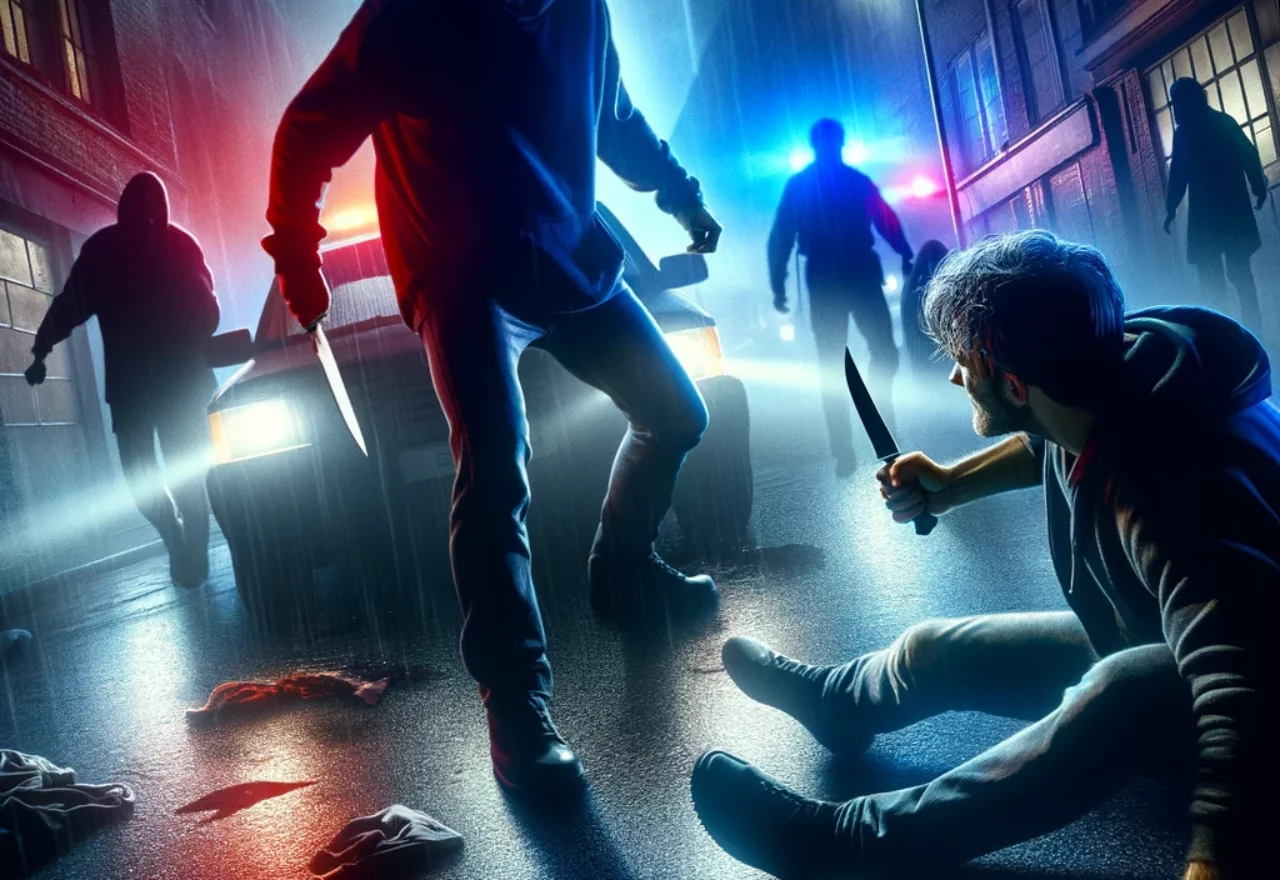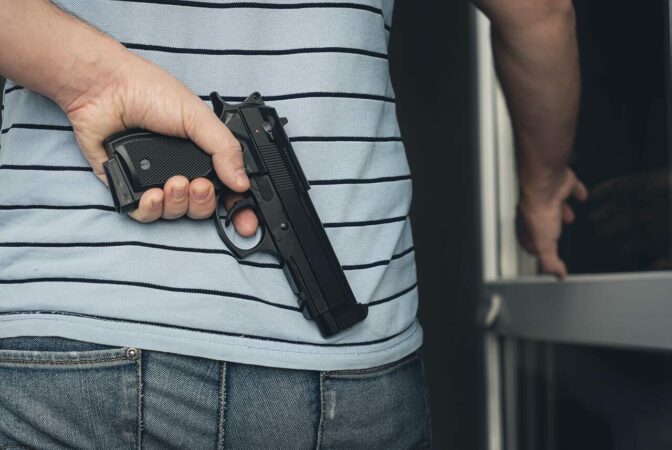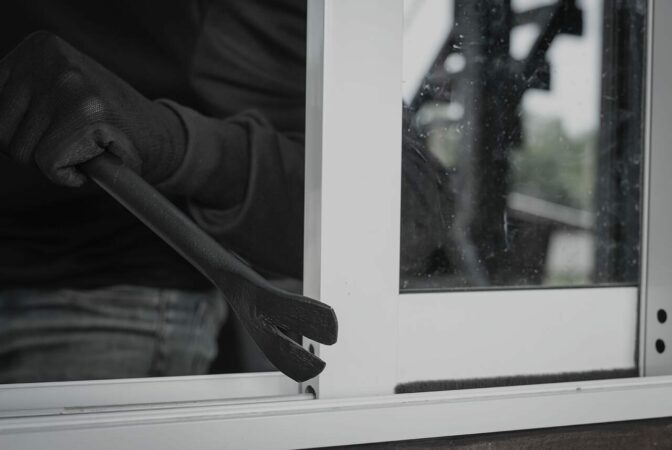One evening, Mr. A was walking down a road when he was suddenly pursued by a silver Vauxhall with a missing front badge. Four men exited the vehicle, each wielding a machete, and chased Mr. A. He sustained multiple injuries, amounting to grievous bodily harm, and was taken to the hospital. The attackers fled in the Vauxhall, and while CCTV footage captured the incident, the vehicle’s registration number was not clear. However, the footage did show that the Vauxhall was missing its front badge, implicating it in the affray.
When police arrived, they found Mr. A in his aunt’s car, as she had come to his aid. Officers discovered a black-handled lock knife on a booster seat near where the victim had been sitting. A section 1 PACE search of the vehicle revealed no further weapons. CCTV footage showed a suspect touching a parked car several times with bare hands. This car, a dark-coloured Volkswagen Polo, was swabbed for DNA to investigate its connection to the affray and grievous bodily harm incident.
Our client, Mr. X, was arrested because his DNA matched the evidence. However, no clothes similar to those seen in the CCTV footage were found in his possession. When our defence lawyers were contacted to handle his defence, we quickly realised the critical importance of protecting his innocence and career, especially against the charges of affray and possession of an offensive weapon. Our experienced criminal defence solicitors immediately sprang into action, gathering his instructions and preparing a comprehensive defence statement.
We scrutinised the DNA evidence, requesting access to the underlying material and the full account of the vehicle’s movements and access. We also instructed an independent defence expert to reanalyse the DNA samples, ensuring a meticulous review of all evidence related to the affray and possession of an offensive weapon charges.
Our defence solicitors’ investigation revealed significant flaws in the prosecution’s case. The DNA evidence, initially presented as damning, was found to be inconclusive. The Crown Prosecution Service (CPS) had likely charged Mr. X based on a threshold test, without sufficient proof of his involvement.
In court, our defence lawyers presented these critical findings, systematically dismantling the prosecution’s case. The CPS, recognising the weaknesses in their evidence, ultimately offered no further evidence, leading to a full acquittal for Mr. X.
This case not only restored Mr. X’s freedom but also saved his career from potential ruin. If you or someone you know is facing similar distressing accusations, please contact us. Our dedicated team of criminal defence solicitors is here to provide the expert legal advice and support needed to defend your rights and secure your future.





